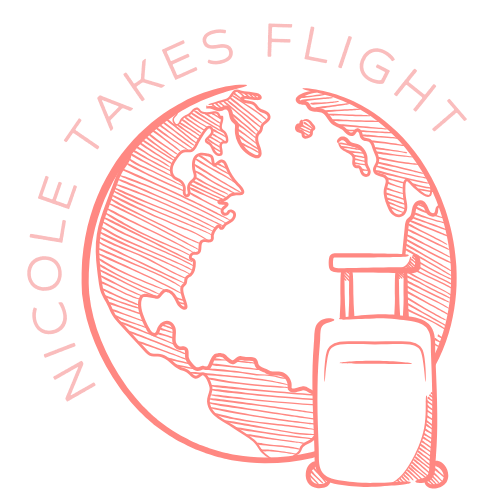
In the demanding world of aviation, in our role as flight attendants, we face unique challenges that can impact our health and performance. Among these challenges, managing sleep and fatigue remains paramount due to irregular schedules and the stress of frequent travel. Fortunately, advancements in technology offer promising solutions to help us monitor and manage our health more effectively.
The Role of Wearable Technology has become a key tool in health management. These devices can be particularly beneficial for tracking sleep patterns, physical activity, and overall health metrics.
1. Sleep Trackers
- Functionality: Devices like Fitbit, Apple Watch, and Garmin wearables use sensors to monitor sleep stages, duration, and quality. These gadgets track movements during sleep, heart rate variability, and other physiological signals to provide a comprehensive view of the wearer’s sleep health.
- Benefits for Flight Attendants: By understanding our sleep patterns, we can adjust our routines to enhance sleep quality, such as modifying our environment for better sleep or adjusting our schedules when possible.
2. Activity Monitors
- Functionality: These wearables also track physical activity levels, steps taken, calories burned, and active minutes throughout the day.
- Benefits for Flight Attendants: Maintaining physical activity is crucial for managing stress and reducing the effects of jetlag. Activity monitors motivate users to stay active and achieve daily fitness goals, which is essential for long-term health.
3. Stress and Recovery Sensors
- Functionality: Advanced wearables now include features to monitor stress levels through heart rate variability and other physiological markers. Some devices offer guided breathing exercises and mindfulness sessions to help reduce stress in real-time.
- Benefits for Flight Attendants: Understanding stress levels can help us manage acute stress and prevent chronic stress buildup, which is common in high-pressure jobs.
Integration with Health Apps
Many wearable devices sync with mobile health applications, providing a user-friendly interface to review data and track trends over time. These apps often include features such as:
- Sleep Analysis Tools: Offer insights into sleep quality and advice on how to improve it.
- Fitness Programs: Tailored workouts that can be done anywhere, fitting into our unpredictable schedules.
- Nutritional Tracking: Help in maintaining a balanced diet by tracking calorie intake and nutritional content.
Challenges and Considerations
While wearable technology offers numerous benefits, there are several considerations flight attendants and airlines must address:
- Privacy and Data Security: Ensuring that the data collected by these devices is secure and that privacy is maintained is crucial.
- Dependence on Technology: There is a risk of becoming overly reliant on technology for health management, potentially overlooking the body’s natural signals.
- Cost and Accessibility: The cost of high-quality wearables may be a barrier for some, and airlines might consider subsidizing these as part of health and wellness programs.
The use of wearable technology to monitor sleep and health represents a significant step forward in managing the well-being of flight attendants. By providing valuable insights into sleep patterns, physical activity, and stress levels, these devices empower us to make informed decisions about our health. As this technology continues to evolve, it holds the promise of fostering a healthier, more balanced lifestyle for us along with others in the demanding field of aviation. This proactive approach not only benefits us personally but also enhances overall safety and performance, making it a worthy investment.
